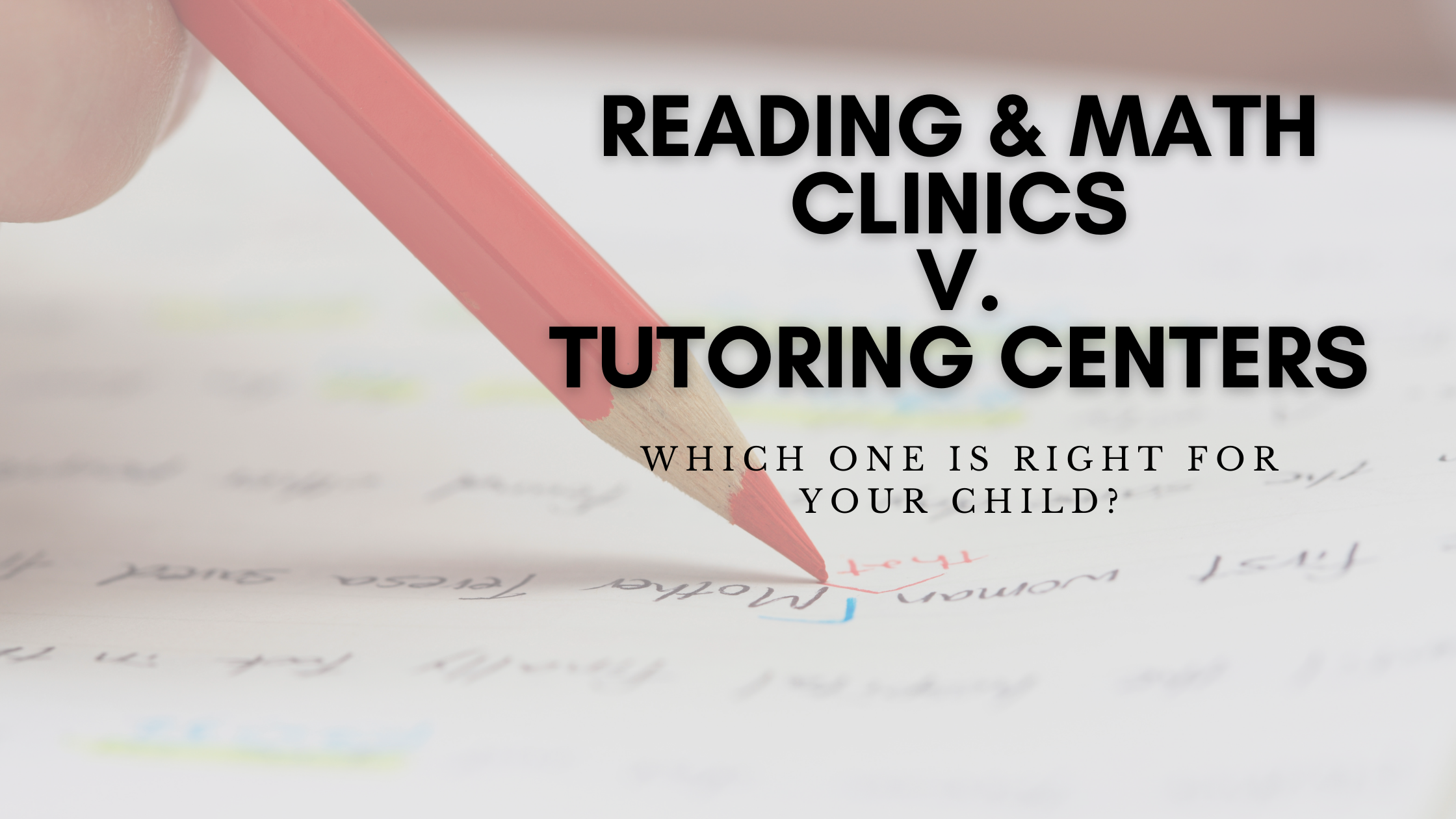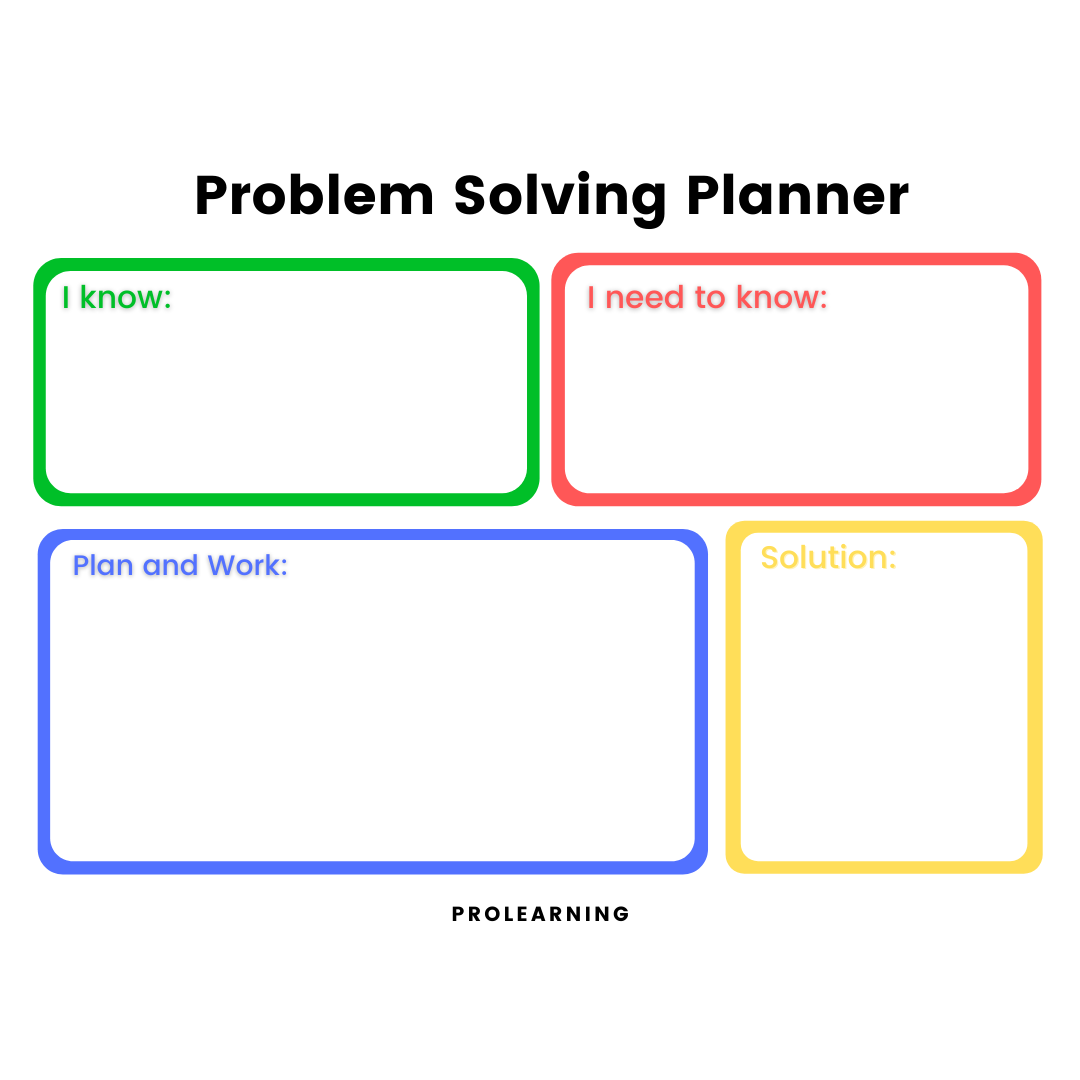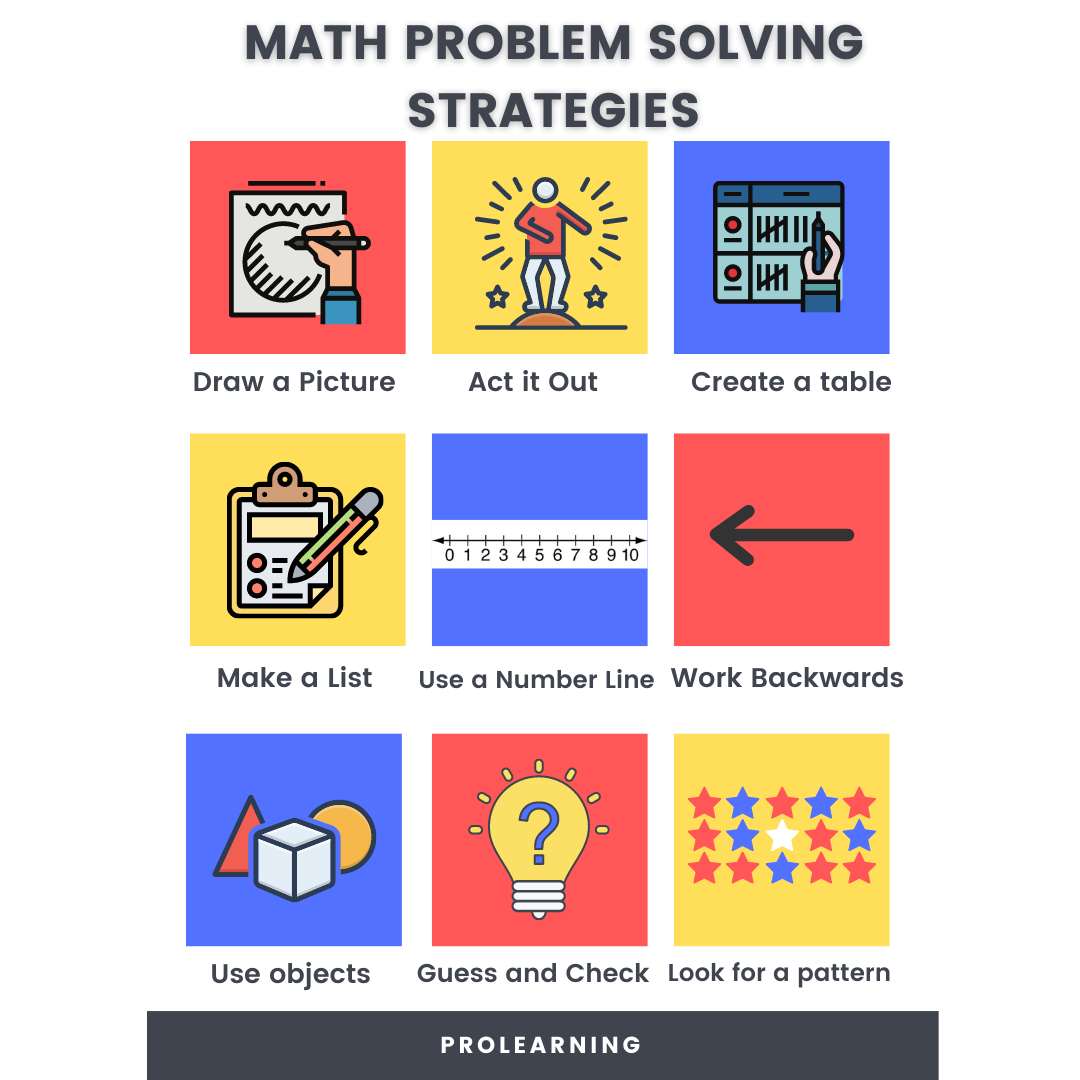How do you decide which is best for your child?
The best way to decide if your child would be best served at a learning clinic or tutoring center is to think about your child as a learner.
Are they someone with learning difficulties/disabilities? Perhaps they are someone who has been tutored in the past with no significant progress. If so, a learning clinic is the most appropriate setting for them to receive the support they need.
Does your child typically perform satisfactorily, but they aren’t reaching their potential? Or maybe as a parent, you don’t have the time in the evenings or are unable to support your child with homework. Either of these scenarios would suggest that tutoring centers are the best option for your child.
Unfortunately, student needs aren’t the only driving force behind the decision between the two.. Learning clinics, because of the need for highly credentialed staff, aren’t readily available in all areas. If this is the case, you may want to explore additional options as a tutoring center will not likely yield the best results because often times, they don’t employ staff that are equipped with the skills and experience to provide intensive individualized reading and math therapy.
Making the decision to enroll your child in a reading or math clinic or tutoring center can be a worthwhile investment.
How can ProLearning help?
Fortunately for those in the Dallas-Fort Worth and surrounding areas, ProLearning is centrally located in Arlington. ProLearning operates as both a reading and math clinic with certified reading and math specialists and dyslexia therapists, and as a tutoring center, also with certified educators.
Contact us today to learn more about how we can help meet the needs of your child!








